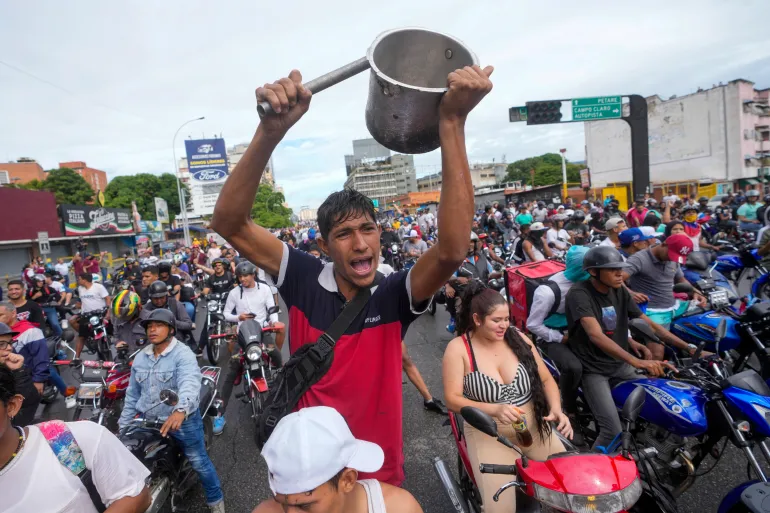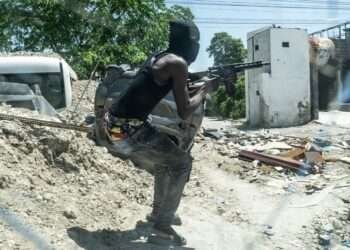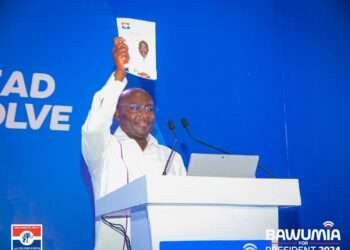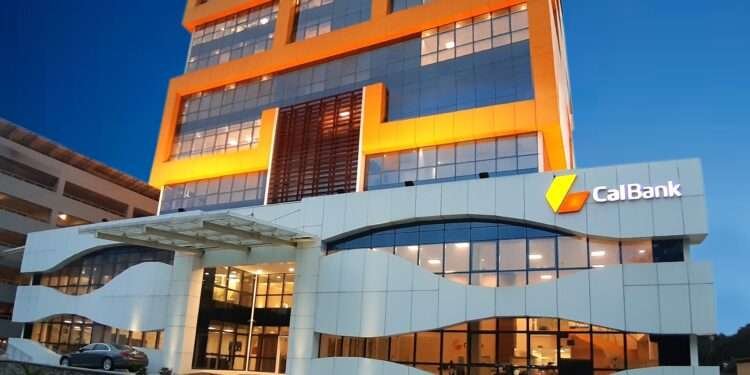In a strikingly unsettling turn of events, Venezuela’s latest election has ignited a firestorm of dissent and skepticism.
For a nation grappling with severe economic hardships, rampant shortages, and a government widely accused of authoritarianism, the recent re-election of Nicolas Maduro was more than a political outcome—it was a profound betrayal of public trust.
Despite poll predictions of a landslide win for the opposition, the National Electoral Council, an entity notorious for its loyalty to the incumbent, certified Maduro’s victory for a third term extending to 2031.
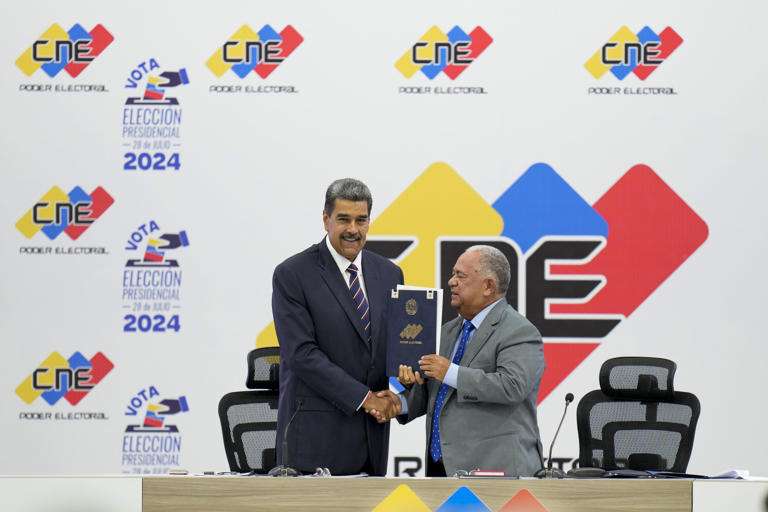
The immediate aftermath has been marked by an eerie silence from the Electoral Council regarding detailed results, with no tallies released from the 30,000 polling stations scattered across the country.
This opacity has only fueled suspicions of electoral fraud and heightened public outrage.
Maduro called his supposed victory “irreversible” despite widespread international doubts over the veracity of his claim to have won.
He dismissed international criticism and doubts about the result of Sunday’s voting, claiming Venezuela was the target of an attempted “coup d’etat” of a “fascist and counter-revolutionary” nature.
His dismissal of foreign concerns serves to divert attention from the core issues at hand: a deeply flawed electoral process and a citizenry that feels systematically disenfranchised.
For Venezuelans who have endured years of food shortages, dwindling incomes, and pervasive economic instability, the result was a bitter pill to swallow.
The sense of despair that followed Maduro’s re-election is palpable, as the nation struggles to reconcile with a reality that starkly contrasts with poll predictions and widespread hopes for change.
Public anger erupted into the streets, with demonstrators even toppling a statue of Hugo Chávez, Maduro’s predecessor, in the state of Falcon —a symbolic act of defiance against a regime perceived as deeply disconnected from the people’s suffering.
Opposition representatives said that the counts they collected from campaign representatives at the centres show that presidential candidate, Edmundo Gonzalez Urrutia trounced Maduro.
Gonzalez, in a press conference, reiterated his claim to victory while urging supporters to remain calm.
“I speak to you at peace, knowing the truth. And I want to tell all the Venezuelan people that their will expressed yesterday through their vote will be respected. We will make sure that happens.
“That is the only path towards peace. We have in our hands the records that show our triumph — our overwhelming triumph that cannot be reversed.”
Edmundo Gonzalez Urrutia
Election observers and foreign leaders from around the world have urged Venezuela to release a full breakdown of the election results.
The regime’s reluctance to release the full tally deepens fears of systematic manipulation and reinforces the belief that the electoral process is fundamentally compromised.
Meanwhile, nine Latin American countries have called for an emergency meeting of the Organization of American States (OAS) permanent council due to their concerns over the election results.
Panama, one of the countries, also said it would be putting its diplomatic relations with Venezuela “on hold” and would withdraw diplomatic staff from the country until a full review is conducted.
“We are putting diplomatic relations on hold until a complete review of the voting records and of the voting computer system is carried out,” Panamanian President Jose Raul Mulino said during a news conference.
International Community Wields Little Power Over Results
However, Eric Farnsworth, the Vice President of the Americas Society/Council of the Americas (AS/COA), opined that the international community ultimately has relatively little power over what happens next with the election results.
“The reality is, he [Maduro] does control the courts. He controls the electoral system,” Farnsworth explained, adding that Maduro also has good relations with the military.
“So there’s not a whole lot of leverage that the international community maintains at this point in terms of Venezuela, particularly when we understand that there are some countries around the region, such as Cuba, and around the world, like China, which continue to support the Maduro regime.”
Eric Farnsworth
Nonetheless, Farnsworth noted that international pressure could help defuse a potentially volatile situation and ensure the safety of key members of the opposition.
“We have to be really careful that this does not get out of control, and I think the international community really has a role to play in saying, ‘Look, just because somebody ran for President does not put a target on their back.’ Their lives and their families need to be protected.”
Eric Farnsworth
He also anticipated that the election crisis will trigger another exodus from Venezuela, as people seek economic stability and political freedom elsewhere.
READ ALSO: No Gainers or Losers as GSE Records Decline in Turnover

